HONG KONG—Hundreds of protesters gathered outside Hong Kong airport on Sept. 1, disrupting travel to draw global attention to their fight for greater democracy for the Chinese-ruled city which is facing its biggest political crisis in decades.
Passengers continued to enter and leave the terminal freely, as clouds hung low overhead, and planes were still taking off and landing.
Black-clad demonstrators targeted the airport three weeks ago, jamming the terminal in sometimes violent clashes with police and prompting some flights to be canceled or delayed.
Trains to the airport were suspended on Sept. 1 as protesters urged the public to overwhelm road links to one of the world’s busiest and most efficient airports, built on reclaimed land around a tiny outlying island and reached by a series of bridges.
The protesters left the airport in the early evening and thousands were on the road heading for the nearby new town of Tung Chung.
“We plan to disrupt activity at the airport to draw attention to what the government and the police are doing to us,” said one 20-year-old protester, asking not to be named.
“If we disrupt the airport, more foreigners will read the news about Hong Kong,” the protester added.
Some observers have suggested targeting the airport could lose the protesters public support.
Police said protesters hurled iron poles, bricks and rocks on to the railway track near the airport station and trespassed on the track.
Sunday’s demonstration comes after police and protesters clashed overnight in some of the most intense violence since unrest erupted more than three months ago over concerns Beijing was planning to erode the autonomy granted to the former British colony when it was handed back to China in 1997.
China denies the charge of meddling in Hong Kong, which it says is an internal affair. It has denounced the protests and warned of the damage to the economy.
Tourist numbers have plummeted in recent weeks and international trade fairs canceled as the territory faces its first recession in a decade.
China is eager to quell the unrest before the 70th anniversary of the founding of the People’s Republic of China on Oct. 1. It has accused foreign powers, particularly the United States and Britain, of fomenting the unrest.
Several hundred demonstrators also gathered outside the British consulate in central Hong Kong, waving Union Jack flags and chanting “God save the Queen.”d
During a chaotic night of violence into the early hours of Sunday, police fired tear gas, water cannon and rubber bullets and protesters threw petrol bombs.
As government helicopters hovered overhead, protesters who had been banned from demonstrating set fires in the streets and threw bricks at police near government offices and Chinese military headquarters.
Parts of the metro system ground to a halt as skirmishes spread to the subway, with television showing images of people being beaten as they cowered on the floor behind umbrellas.
Police said they arrested 40 people inside Prince Edward metro station on suspicion of obstructing officers, unlawful assembly and criminal damage. Three stations stayed shut on Sunday.
Amnesty International said the metro violence should be investigated.
“Violence directed at police on Saturday is no excuse for officers to go on the rampage elsewhere,” it said.
The latest protests came on the fifth anniversary of China’s decision to curtail democratic reforms and rule out universal suffrage in Hong Kong.
The unrest began in mid-June, fueled by anger over a now-suspended extradition bill that would have allowed people in the city to be sent to mainland China for trial in courts controlled by the Communist Party.
But the turmoil has evolved over 13 weeks to become a widespread demand for greater democracy.
Hong Kong returned to China under a “one country, two systems” formula that allows it freedoms not enjoyed on the mainland, such as the right to protest and an independent legal system.
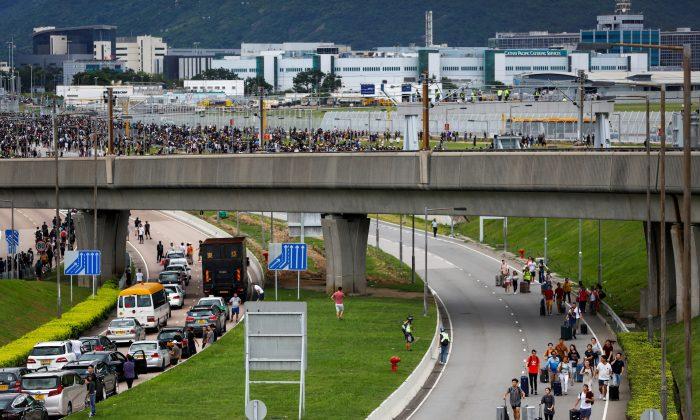

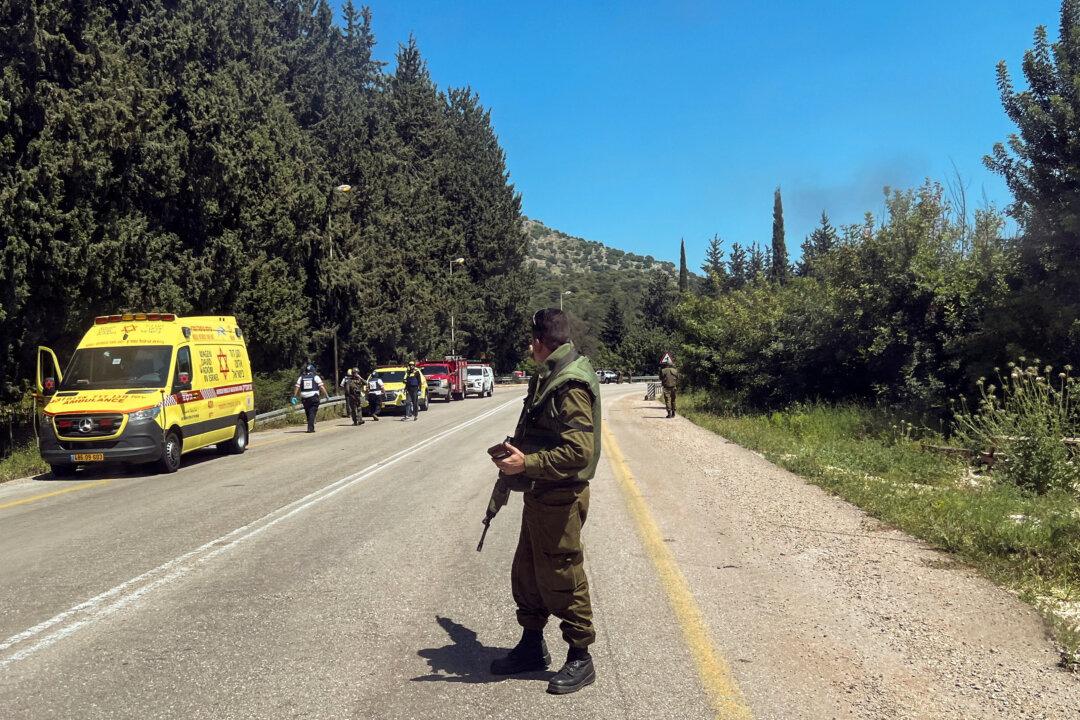
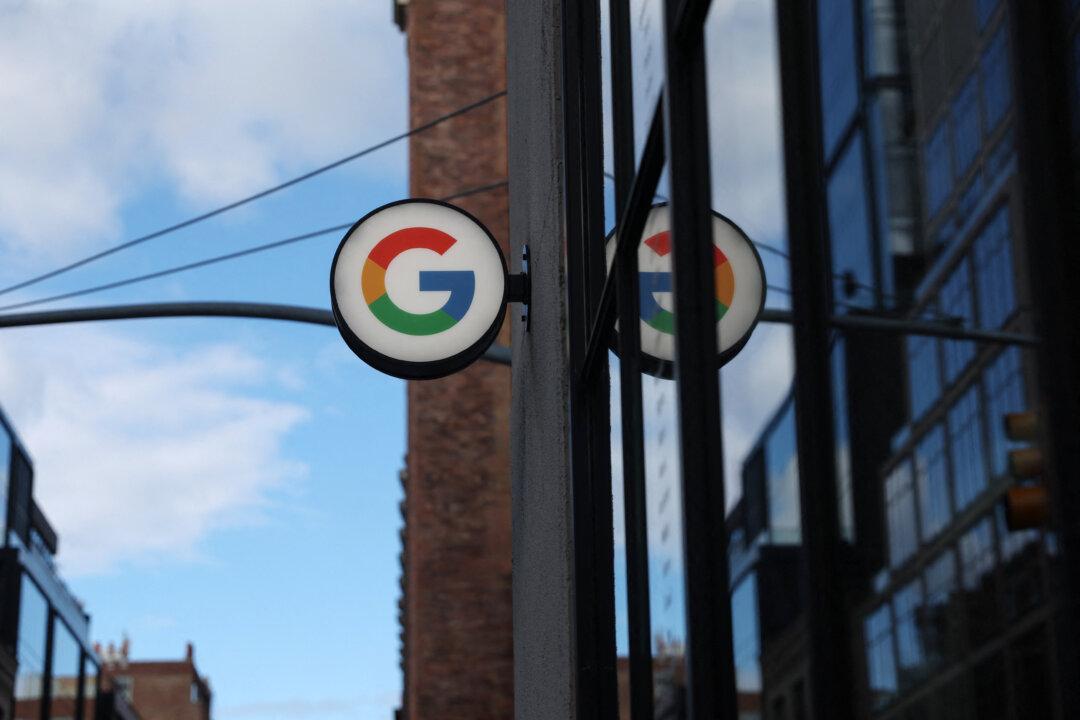
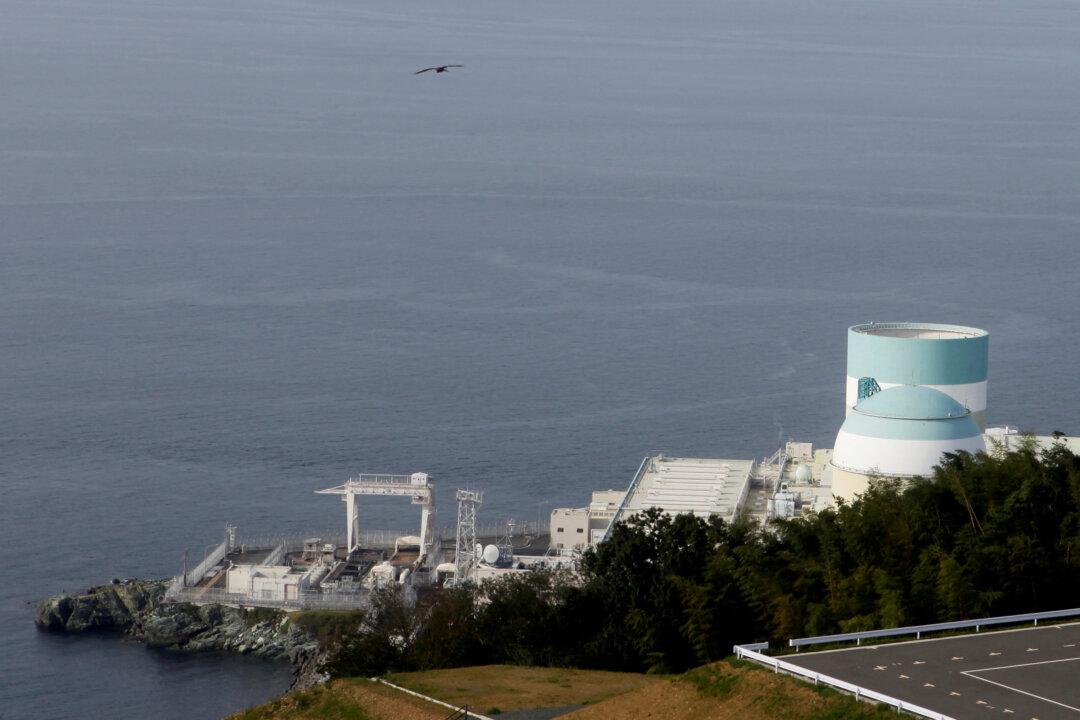
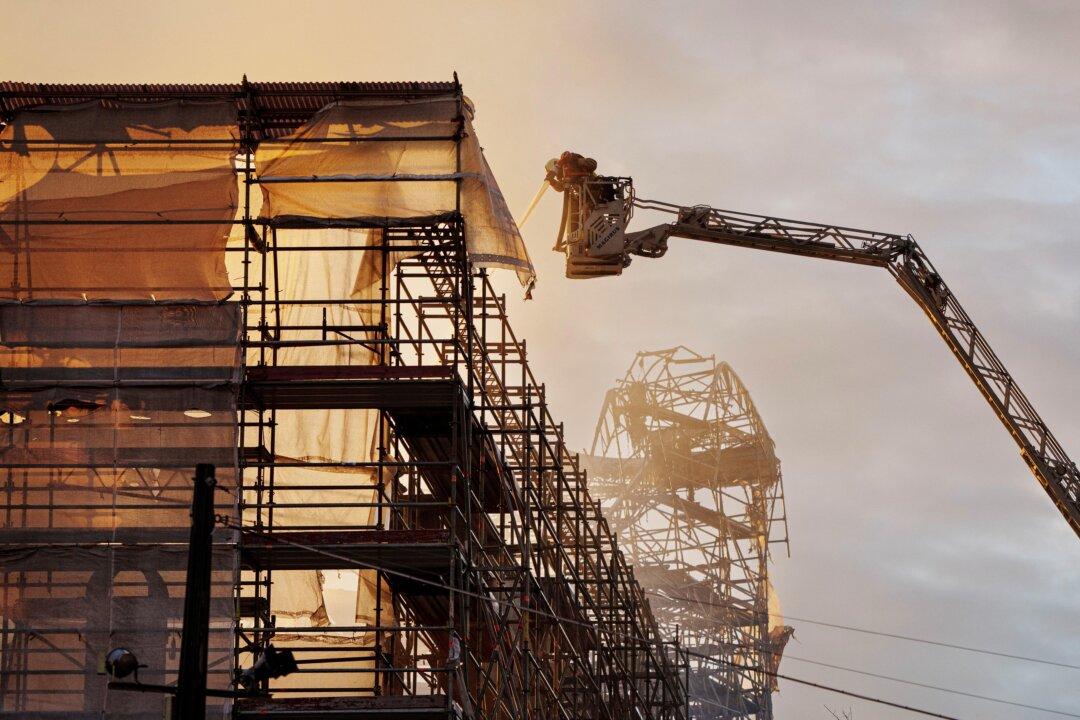
Friends Read Free